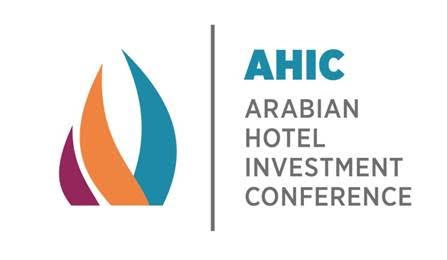
Business Development: The Executive Chairman, Federal Inland Revenue Service, Tunde Fowler (middle) at MSME clinic recently in Kano state
FIRS, SMEDAN, JTB SENSITIZE BUSINESS OWNERS ON NEED FOR RECORD KEEPING
“For you to do well in your businesses, you must master and apply the principles record keeping. Record keeping would help you know how much money the business should have at any point; show you how your business is doing; help you identify the problems before it is too late such as helping you find out if something is going wrong, if costs are too high, if sales are falling, if there is a leakage point (yourself or another person misusing the money), and so on”, this is the message that the Federal Inland Revenue Service (FIRS), Joint Tax Board (JTB) and the Small and Medium Enterprises Development Agency of Nigeria (SMEDAN) jointly took to business owners in the South East and South South geo-political zone of the country over the weekend.
With the aim of encouraging economic growth in the country, the FIRS, JTB and SMEDAN have been touring regions of the country sensitizing Business Membership Organisations (BMOs) on tax payment and their rights as taxpayers.
“Always do weekly or monthly balances, since these will soon reveal any errors you may have made. From the bank statement, tick-off cheques and pay-in stubs against transactions listed, to reveal any cheques not yet cashed or pay-ins not yet shown. When balancing, if you are out by some amount, then first look for an entry of the same amount that might be in the wrong place or miscounted. When you are registered for VAT, always include the amount you will be charged. Keep your bookkeeping up-to-date. The longer you leave it undone, the harder it gets”, a SMEDAN Director, Ibrahim Adulmalik told a group of business owners in Enugu.
He stated that proper record keeping shows to others people how your business is doing; helps you plan for the future, remember debtors and creditors, shows the past, present & enables you plan for the future and helps you control your cash.
Abdulmalik said a good record system must, must be simple to use, must be easy to understand, must be accurate and it must be up to date.
Basic records, he said include Cash receipts record, Cash disbursement, Sales record, Purchases record, Payroll records, Equipment record, Inventory record, Debtors record and Creditors record.
In Port Harcourt, S.P Abubakar, a SMEDAN Director explained that businesses must maintain records entered in double entry method and updated regularly to show the status of their financial transactions.
“The process starts from recording all our business activities that relate to money from journals to the ledger, to the trial balance. Therefore, bookkeeping is like writing history of our business activities for a given period. When an entrepreneur receives some value and gives out same, the receiving is what is called credit (CR) and the giving is called debit (DR). When we record the giving, and the receiving at the same time, it is called double entry book keeping. For instance, when you buy a car for your business, you immediately post two entries for that single transaction. Specifically, you post a credit entry into your Cash Account and a debit entry into Asset (or Vehicles) Account”, Abubakar said.




Recent Comments